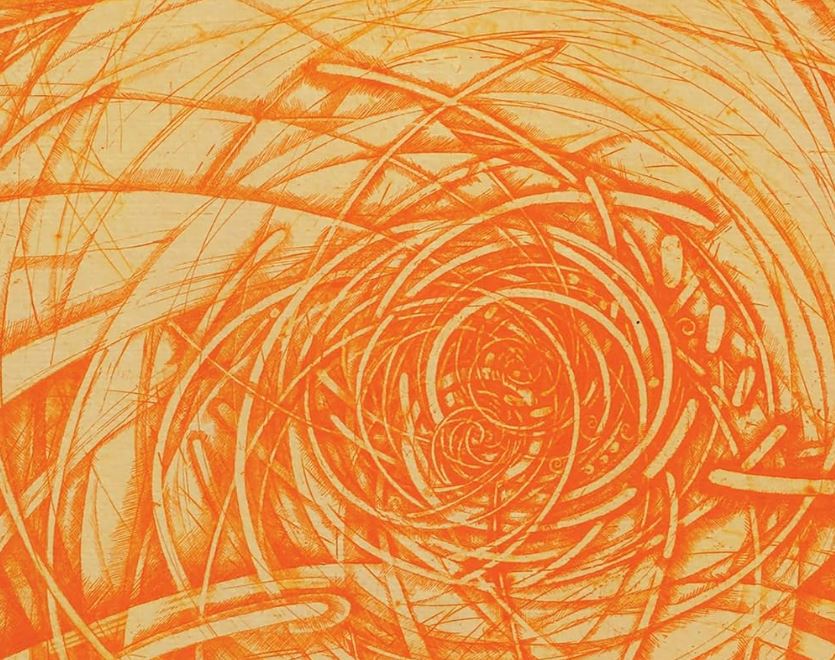About the Poet
Gregory Orr is the author of thirteen collections of poetry, the most recent of which is Selected Books of the Beloved. He is also the author of a memoir, The Blessing (reissued Milkweed Editions, 2019), which was chosen by Publisher’s Weekly as one of the fifty best non-fiction books of 2002. His autobiographical essay on his experiences as a volunteer in the Civil Rights Movement, “Return to Hayneville,” was reprinted in The Best American Essays 2009, Best Creative Non-fiction (Volume 3, 2009), and Pushcart Prizes (XXXIV, 2010).
In addition, he is the author of Poetry as Survival (University of Georgia Press, 2002), a consideration of the existential function of the personal lyric, and A Primer for Poets and Readers of Poetry (W. W. Norton 2018). He’s been interviewed by Krista Tippett for her “On Being” series and his personal essay was chosen to be broadcast on National Public Radio’s “This I Believe” series in the spring of 2006. He has been the recipient of fellowships from the Guggenheim Foundation and the National Endowment for the Arts, and an Award in Literature from the American Academy of Arts and Letters.
He is Professor Emeritus of English at the University of Virginia, where he has taught since 1975 and was the founder and first director of its MFA Program in Writing. He lives with his wife, the painter Trisha Orr, in Charlottesville, Virginia.
~
Orr graciously contributed the following for this year’s first installment of our blog series in recognition of National Poetry Month.

Gregory Orr
gregoryorr.net
In Praise of Lyric Poetry
“What is creative must create itself.”
John Keats
In this time of great cultural and personal confusion and suffering, poetry can be a place of clarity.
As readers of poetry, whenever we find and cherish a poem that moves us, or even a passage in a poem, we validate an important part of ourselves and give it permission to flourish. The poems we most love exhilarate us and make us feel understood in some ordinarily-hidden part of our selves. Such poems and passages bring some part of our selves to the surface where it can be acknowledged and embraced, if only briefly. We feel both exhilarated and understood by the poems we most love. When we read poems we love we are brought more alive, brought toward feeling and clarity.
As writers of poetry, we accept the invitation of the blank page that encourages us to turn our world into words and then fashion these words into the coherence, intensity, and focus that is the sure sign of poetry.
When we read poems we love, we free ourselves.
When we write poems, we create ourselves and, if we’re brave enough, share that part of ourselves with others, with readers.
Here are three poems of mine, the first about reading poems; the second about writing them.
We are freed by the poems we read and personally love. Those cherished poems (often only a few) invite us to flourish in parts of our being that we often ignore.
We are freed by the poems we write. They invite us to express, explore, and endorse parts of our personal world (inner and outer, past and present, experiential and emotive) that the workaday world we mostly inhabit seldom pauses to notice and celebrate or dignify with urgent speech.
—Gregory Orr






